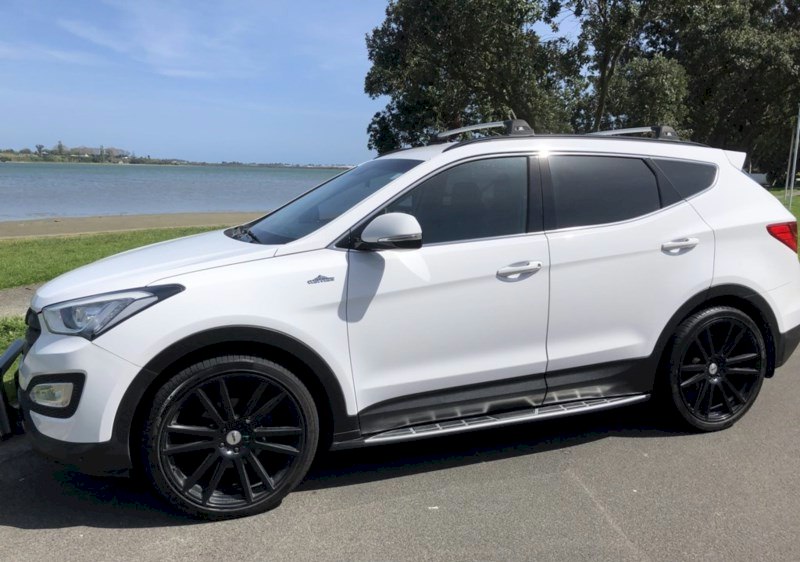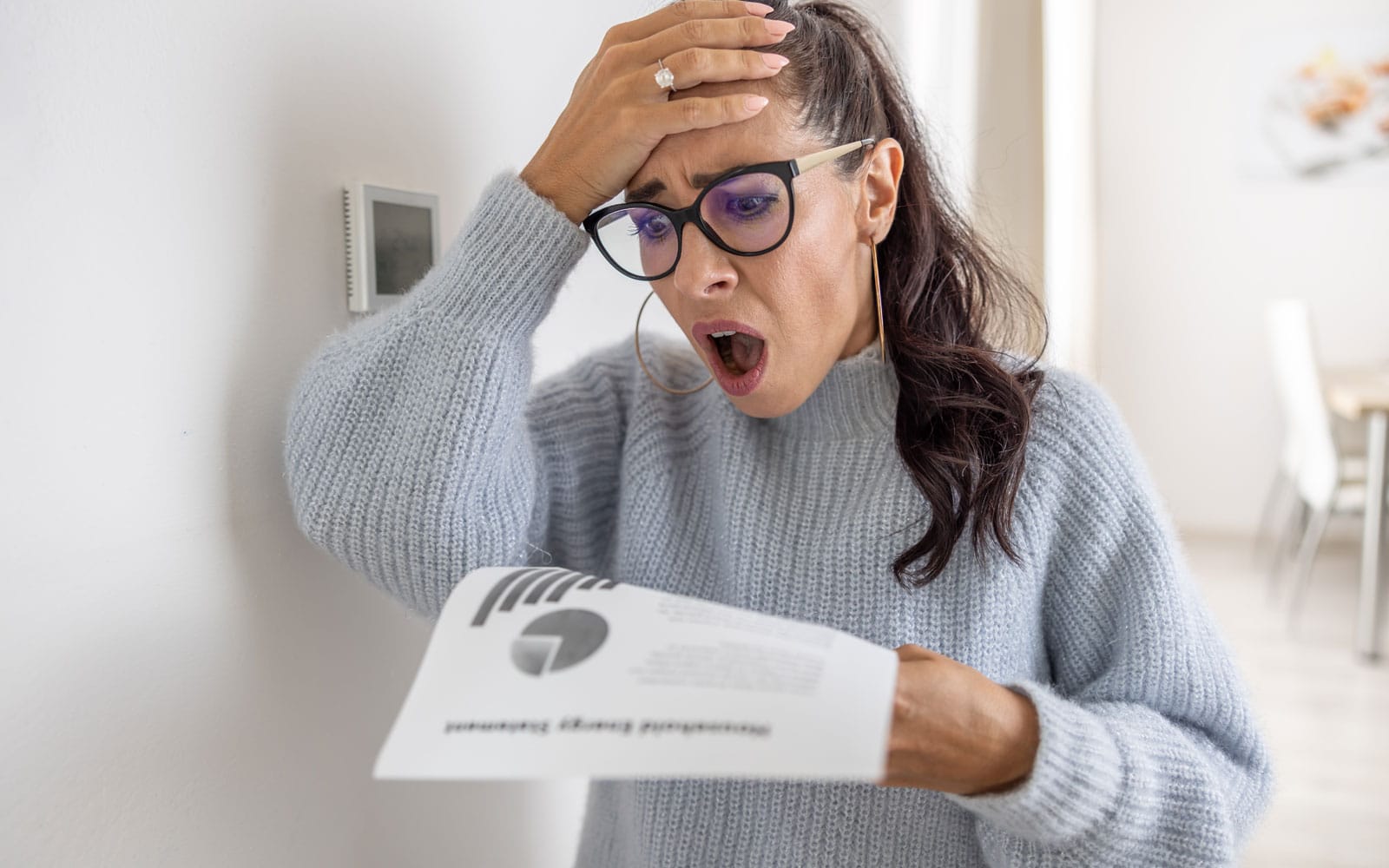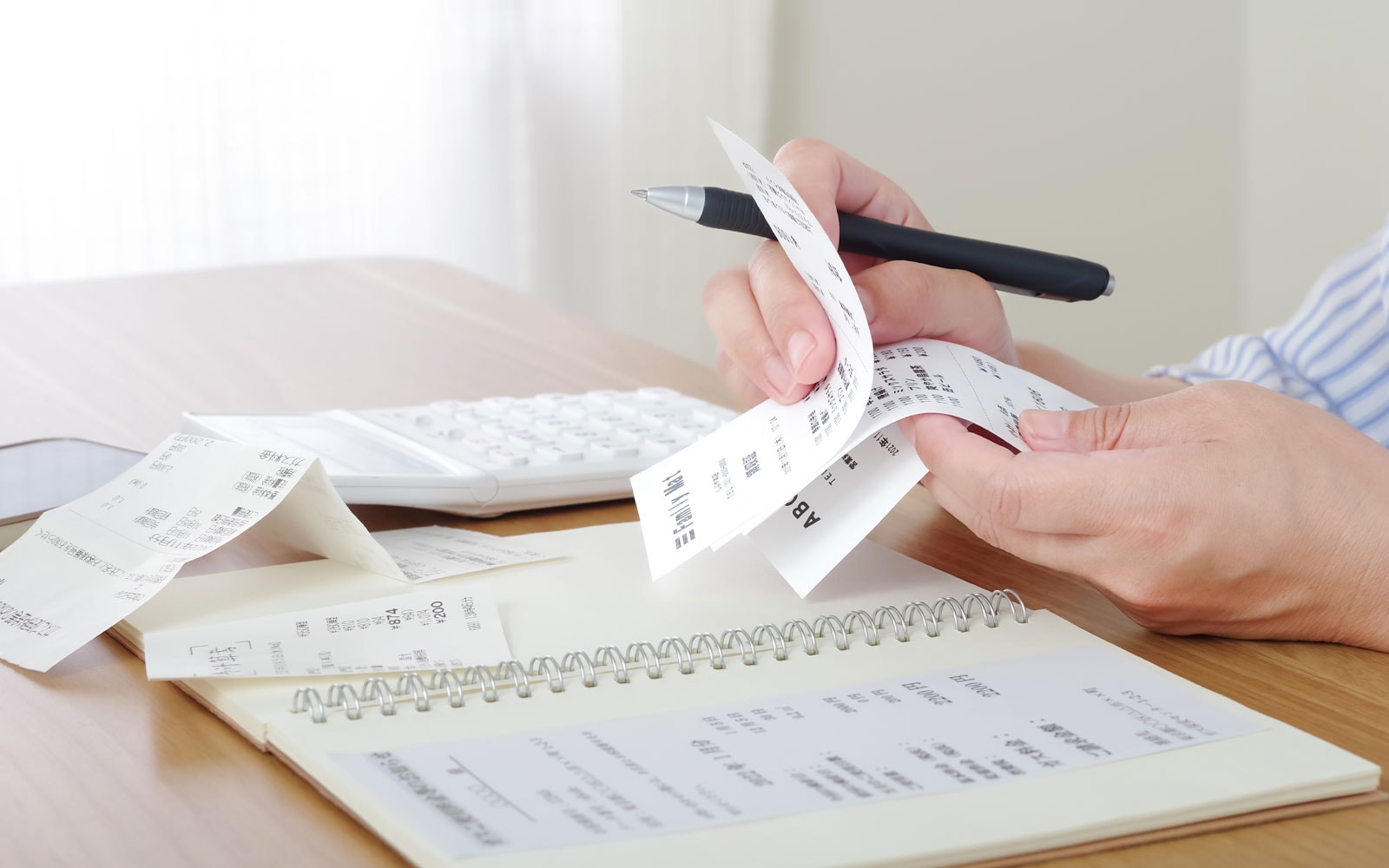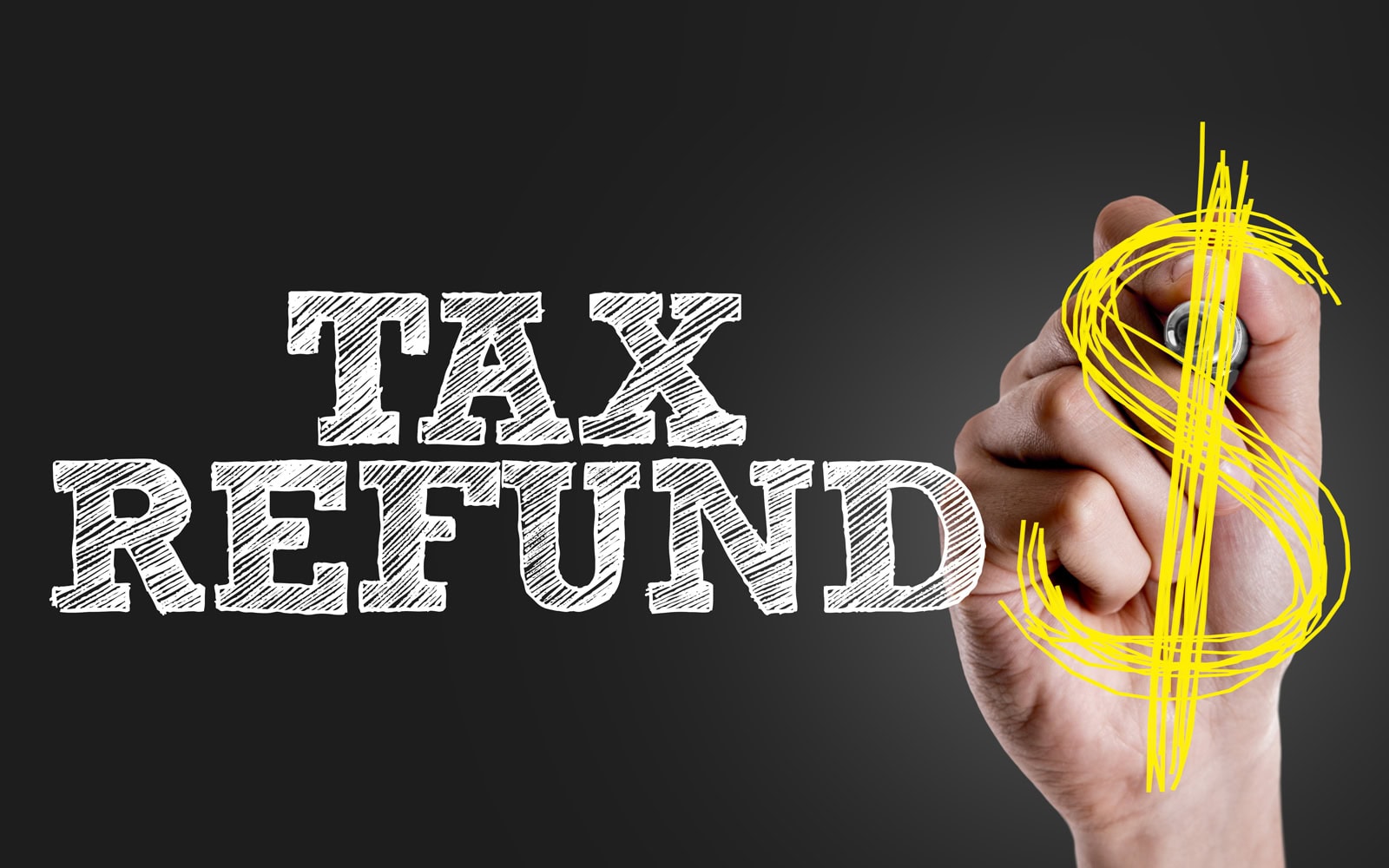Car Buying -12 Tips
Buying a second-hand car can be a bit like navigating a minefield. Here are 12 tips for dodging the old bombs and clangers, and landing a genuine bargain.
1. CONSIDER GOING PRIVATE Car salespeople routinely score the lowest in “most trusted profession” surveys, mixing with other bottom-feeders such as journalists and politicians.
The Dog and Lemon Guide author Clive Matthew-Wilson reckons car yard tactics have not changed in 50 years.
“There are good and bad car salespeople, but overall, they are lean and hungry professionals whose job it is to part you from your money as quickly and effectively as possible,” he says.
By buying skilfully from private sellers, Matthew-Wilson reckons you can save as much as 30 percent on dealership prices.
Of course, it’s not as convenient as having a whole forecourt of cars lined up for you to inspect, and you are trading away some legal protections, he says.
Consumer NZ recommends always dealing with a dealer because they are subject to the Consumer Guarantees Act and Fair Trading Act.
“If you buy privately, you’re not nearly so well protected.”
Car Finance – Click Here
2. HAGGLE HARD If you do go to a car yard, make sure you bring your best haggling game.
Dealers expect customers to negotiate, Consumer NZ says.
“On a straight purchase, try to get 15 percent or so knocked off the ticket price.”
If you are paying cash, you might get even more.
Optional repairs or extras can also be used as bargaining chips.
3. CHECK YOURSELF Another advantage of going to dealers is that they have to tell you if there’s money owing on a car. If you don’t know, you could be in for an extremely nasty surprise.
Former Fair Go TV presenter Brian Edwards’ son and daughter-in-law bought a 1998 Toyota Caldina from a seller on Trade Me for $3600. They were pleased with the purchase until a repo man came to the house to repossess it, with $7000 owing from its previous owner.
After a year of wrangling, the pair managed to get their money back, but most won’t see a penny.
Trade Me warns that a third of cars may have money owing, so it’s vital to check. It only costs $3 to check the property security register, and you can even do this by text using the TXTB4UBUY service.
If you pay $20 to $25 you can get a full report from the likes of AA or Motorweb, which will give you the full ownership history, whether the car has been reported stolen, and lots of other titbits.
4. DON’T GET WOUND UP Modern-day digital odometers are not immune to being wound back by dodgy sellers trying to wipe a few thousand kilometres off the car’s history.
A vehicle report with regular readings will give a good indication of whether the figure is reliable.
If you are suspicious of too-good-to-be-true mileage, have a look under the motor and gearbox for leaks and smears.
“No Japanese car under 80,000km should have oil leaks,” says Matthew-Wilson.
Other good warnings signs that the car has been “clocked” are worn driver-door hinges that jiggle up and down, or rubber worn off the brake pedal.
Car Finance – Click Here
5. SORT THE PAPERWORK Cassandra Bean thought she was buying her “dream car”, handing over $7000 for a bright purple Toyota Altezza.
The dealer had knocked $1000 off the price if she bought it without a warrant of fitness, which proved to be a big mistake. When Bean took it to the garage the next day, her heart sank – the vehicle needed more repairs than the dealer had promised.
Vehicles for sale have to have a warrant of fitness which is less than one month old.
You can only buy the car “as is” if you give the seller a written promise you will drive it straight to the garage to get a warrant.
6. CALL THE CAVALRY Before you buy a car, you must get an inspection done by a mechanic.
We are not talking about someone the seller recommends, and “please, please, please, not ‘a friend who knows a bit about cars’,” urges Matthew-Wilson.
The AA inspects over 20,000 vehicles a year, and charges $169 for a report, or slightly less for members.
Your local garage will also often do car inspections for a fee. If the mechanic signs off, you are good to go.
Consumer NZ says they are required under the Consumer Guarantees Act to do the job to a reasonable standard, according to your instructions. If they get it wrong, you can hold them liable for any losses you incur.
However, it’s a big expense, and you don’t want to be paying for inspections on multiple cars.
To weed out the lemons before you get the mechanics involved, there are a range of easy tests you can do yourself.
7. DO IT IN DAYLIGHT “Wherever possible, inspect a car in the daylight on a clear day,” says Matthew-Wilson.
“Darkness and rain tend to hide serious faults.”
Check the car’s panels are all the same colour. Any variation in shades suggests work has been done, so be sure to ask why.
Check carefully for rust on the roof, under the doors, along the sills, and in the spare wheel well. Bubbles or bumps coming through the paintwork may also indicate rust. Matthew-Wilson recommends bringing a flexible fridge magnet with you.
“If it sticks firmly and easily to a panel, chances are that the panel is sound,” he says. “If it drops off or won’t stick easily, chances are that panel has been repaired with filler.”
Be sure to have a look under the hood too. The New Zealand Transport Agency recommends checking for frayed or burnt wiring, oil streaks, petrol leaks, and black, soupy oil.
8. START YOUR ENGINE “Start the engine and rev it as if you were about to take off on a hill, but not so hard that it sounds like the motor is about to fly apart,” says Matthew-Wilson.
“Hold the revs steady for about 10 seconds while you or a friend check for obvious smoke coming from the exhaust.”
If there’s continuous blue smoke, walk away. Don’t let the owner do the revving, as they will be too light on the pedal.
Car Finance – Click Here
9. GET YOUR GROOVE ON Take a matchstick and check the tyre tread is deeper than the head. There needs to be at least 1.5 millimetres, otherwise, you are looking at buying another set.
10. THE SNIFF TEST Lift the floor mats and look for cigarette burns and high heel holes. Smokers’ cars stink for years, but they can be temporarily masked with a bit of air freshener.
“While you’re down there, sniff for musty carpet smells that might indicate a water leak,” says Matthew-Wilson.
“If the carpet is damp or smells musty, insist that the car goes through a car wash with you inside, or spray the car cabin, especially the windscreen, with a garden hose. Watch for leaks inside.”
11. TWIDDLE KNOBS Push everything on the dash that moves or blinks. Don’t forget air conditioning, indicators, lamps, the stereo, and all the engine warning lights.
12. TAKE A SPIN Find a car park, lock the steering hard in each direction and drive in circles. “If you hear a loud knock-knock-knock noise coming from the front wheels then you know for sure that the car is high mileage and probably very tired,” says Matthew-Wilson.
The CV joints are shot, which means the rest of the car probably is too. Now take the car to a long, straight road.
Take your hands off the wheel and see whether the car pulls to one side. Gently apply the brakes to see if the car stops in a straight line. Include some faster open road driving and some hill work to check the gears and handbrake.
Car Financing
A personal loan to get you into a new set of wheels is relatively easy with Auckland Loans.
Our straightforward online application takes less than five minutes – typically we can let you know if you are approved within hours.
5 reasons to choose Auckland Loans for your car loan
- 24-hour approval – apply online, or give us a call on 0800 323 130
- Pre-approval – even if you haven’t found the right car yet, you’ll know how much you can borrow
- Great rates – we offer outstanding rates to people with a good credit rating and may be able to assist those with poor credit
- 12-60 month finance terms available – we work within your budget
- Flexible repayments – weekly, fortnightly or monthly, whatever suits you!
What next?
Simply apply online and we’ll do the rest.








